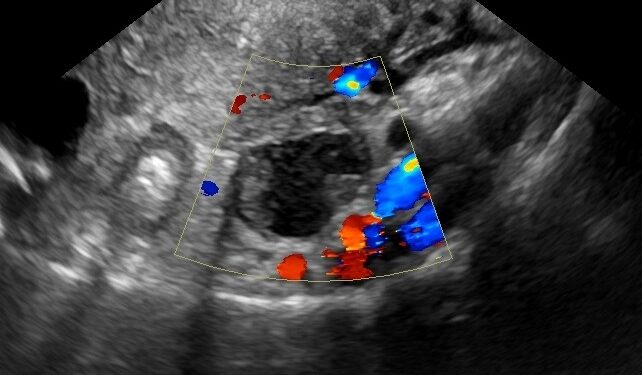March 21, 2025 Story by: Editor
A routine blood test used to detect ovarian cancer may fail to identify the disease in some Black and Native American patients, potentially delaying their treatment, according to a new study. The findings highlight another example of medical tests contributing to health care disparities.
Researchers have been investigating biases in medical diagnostics, but recent political challenges have threatened such work. The Trump administration’s efforts to limit diversity, equity, and inclusion initiatives have placed this type of research at risk, as universities face political scrutiny and federal agencies examine grants for potential violations of the administration’s orders.
Ovarian cancer affects Native American women at the highest rate, while Black women diagnosed with the disease have lower survival rates compared to white women. Detecting ovarian cancer early significantly improves survival chances.
The study, published Thursday in JAMA Network Open and supported by grants from the National Cancer Institute, examined the CA-125 test, a common diagnostic tool. This test measures tumor markers in the blood and helps doctors decide whether a woman with a suspicious lump should be referred to a cancer specialist.
Since physicians rely on this test for early assessments, it is essential to understand how results may vary among different racial and ethnic groups, said Dr. Shannon Westin of MD Anderson Cancer Center in Houston, who was not involved in the research.
Source: AP News

















